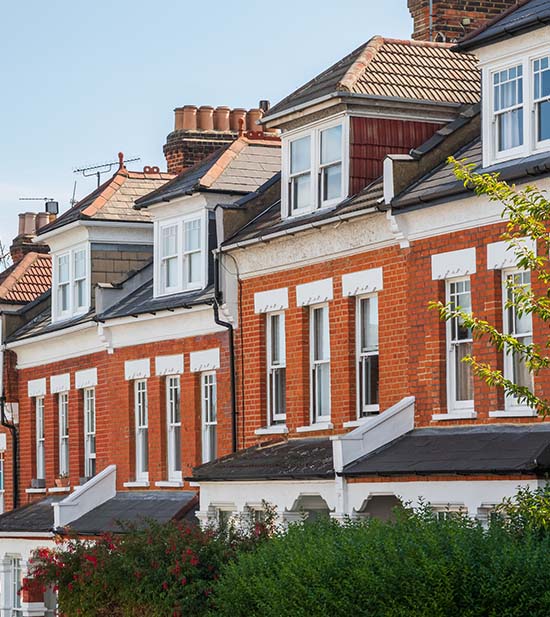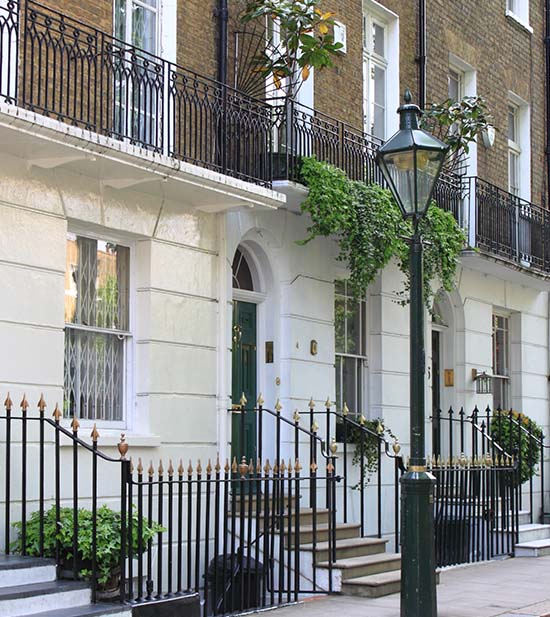Lease Extensions
There have been a considerable number of reforms in legislation relating to residential leases in recent years. Several have related to the Right to Enfranchise either individually or collectively, thereby acquiring the Freehold title of the house or apartment block concerned.
Lease Extensions
Whilst there have been some rights to enfranchise individual Freeholds since 1967, it was only in 1993 that legislation was brought in to assist leaseholders of apartments. This allowed Leaseholders to take action unilaterally with the new grant of a right to acquire a lease extension of 90 years in addition to the term that already remained on the Lease.
The qualifications and valuation methods have changed slightly with subsequent legislation brought in under The Housing Act 1996 and the Commonhold and Leasehold Reform Act 2002. As you can expect, there are a substantial number of variables, and some traps for the unwary, but a simple model to provide an understanding of this procedure is set out here. Please see the example below:
The example assumes a flat on an unexpired lease of 50 years at a fixed ground rent of £200 per annum with a long lease and a good condition value of £400,000.
|
Freeholder’s existing interest |
|
|
1. Ground rent: 50 years at £200 per annum @ 7% |
£2,760 |
|
2. Reversion to vacant possession value of £400,000 |
£13,600 |
|
(present value of £0.034p in the pound) |
£16,360 |
|
Freeholder’s proposed interest |
|
|
3. Reversion to vacant possession value of £400,000 |
Nil |
|
Leaseholder’s existing interest |
|
|
4. 50 year unexpired term at ground rent of £200 |
£300,00 per annum |
|
Leaseholder’s proposed interest |
|
|
5. Lease of 140 years at a peppercorn ground rent |
£400,000 |
|
Marriage value |
|
|
6. Combined proposed interests (3 + 5) |
£400,000 |
|
7. Existing interests (1+2+4) Marriage value |
(£316,360) |
|
8. 50% of the marriage value is payable to the freeholder |
£83,640 |
|
9. Price payable for Lease Extension excluding statutory costs (legal and valuation fees) |
£58,180 |
This is the simplest model and where there are rising ground rents, Head Landlords in addition to Freeholders, improvements to be disregarded and development value issues to be considered, the model set out above will be expanded accordingly. However, the formula makes clear the process by which the surplus value in combining the different interests is released and shared between the Leaseholder and the Superior Landlord.
In the market place, a leaseholder selling an interest will naturally wish to price as much of their own share of the marriage value into the asking price. In looking at purchasing short leasehold interests you should therefore be very careful to calculate the amount which you are likely to have to pay to the freeholder so that you do not eventually end up paying more than you might have otherwise for a conventional long lease. In the case above, the £335,000 would be a ceiling.
Armed with the Valuation, it is then often possible to consider negotiating directly between Landlord and Tenant outside the statutory process, if it suits both parties to proceed reasonably quickly. Six months is a typical period for a lease extension conducted through the statutory process, although it is quite common for the entire process to take more than a year.
We advise both Landlords and Leaseholders in these situations and we are always happy to provide preliminary advice on specific cases.
Please click on the links below if you wish to view and download examples of reports and letters that can we can compile.



